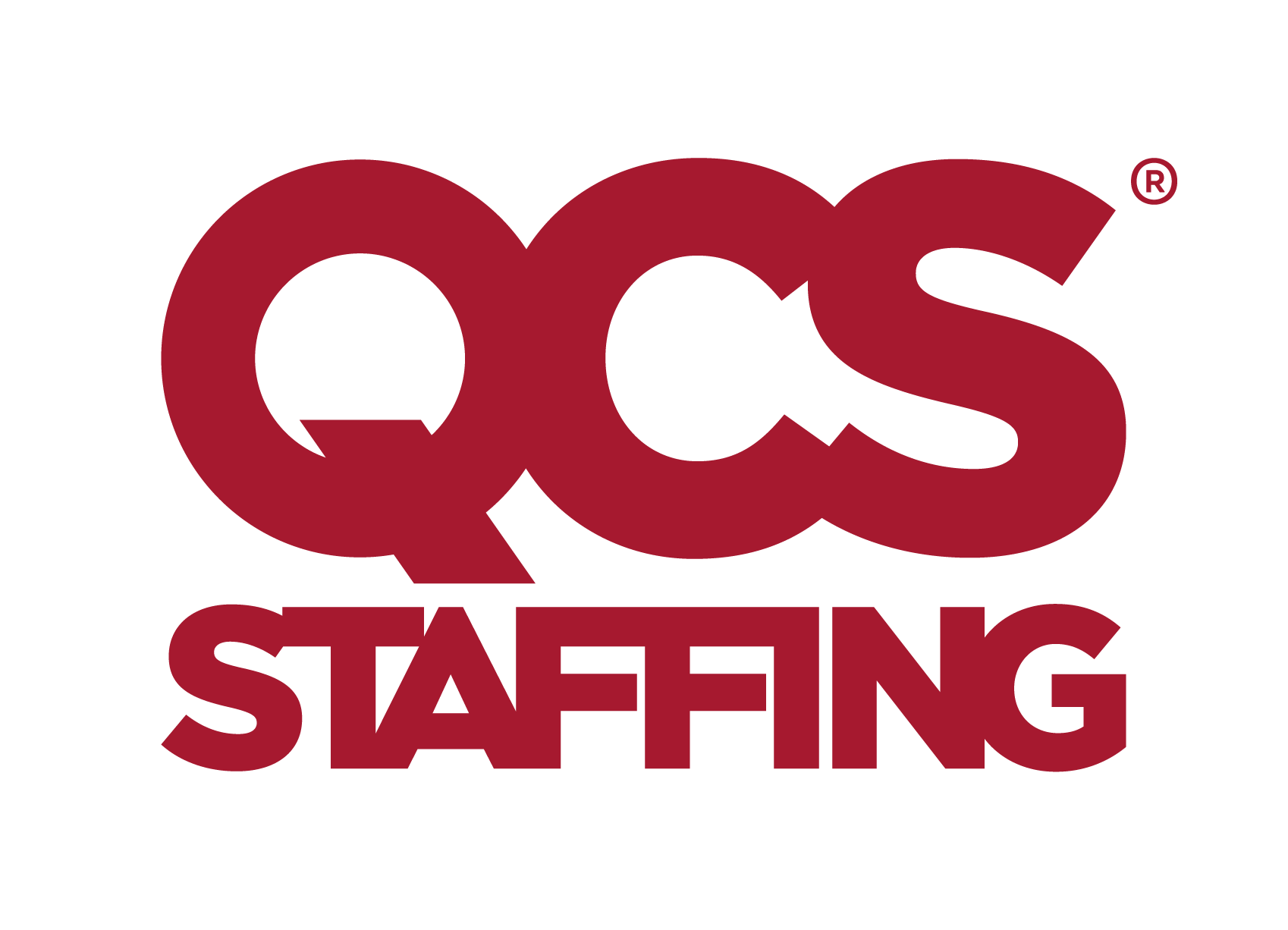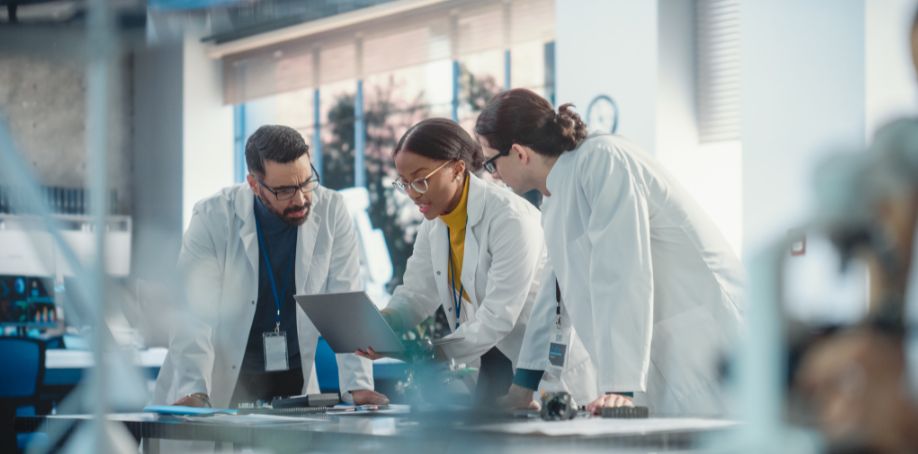Emerging Biotech Career Opportunities in Germany
The German biotech sector is quickly growing as the country
is home to top companies, highly qualified professionals, and incredible
research facilities. Currently, most companies are using their resources to
innovate and develop new drugs and medical equipment, making Germany one of the
largest markets for healthcare products.
Statistics show that 25% of biotech experts are developing
novel drugs, such as cancer immunotherapies, while 16% are working on improving
diagnostics. However, despite all this success, the German biotech sector has
yet to make its mark in areas such as personal care, household products, and
more.
In this article, we are going to discuss the emerging fields
and jobs
within the German biotech industry and how they are helping develop
eco-friendly solutions.
Cost Manager or Controller
Sometimes, the cost of biotech projects, whether it's making bioplastics or designing a new household product, can go haywire. To avoid this, many biotech companies are hiring cost managers who analyse project expenses and then allocate budgets accordingly to maximise financial efficiency. Here is an overview of some key responsibilities that they have to fulfil:
- Get the cost breakdown of the research project, including lab supplies, equipment, clinical trials, and, most importantly, certifications or compliance.
- Consider all expenses, develop a detailed budget for research projects, and monitor expenditures against the set budget. If there are any deviations, notify upper management.
- Optimise reagent use and implement new technologies to reduce overall cost.
- Work closely with scientists to understand a project's technicalities and find ways to save money without compromising research quality.
Construction Manager
Global warming is on the rise, and one of the major contributors in Germany is the construction industry. Statistics show that the building sector has high greenhouse gas emissions, around 26 million metric tons of CO2 eq.
To tackle this challenge, German biotech companies are collaborating with construction managers. These professionals oversee the development and implementation of sustainable building materials. On top of this, they may also:
- Help biotech experts find high-quality and affordable raw materials for the construction of sustainable buildings.
- Adherence to Germany's strict construction and environmental regulations, such as the Building Energy Act and Climate Change Act, to construct nearly zero-energy buildings.
- Implement mycelium-based insulation that is highly biodegradable, energy efficient, and fire resistant.
- Keep a check on all construction projects to ensure minimal water usage and proper disposal of waste.
Project Manager
Typically, biotechnology companies have to manage a lot of projects at once for continuous innovation and to stay competitive. So, to ensure they don't end up with poor-quality products and delayed product delivery, they get project managers on board.
These managers are responsible for monitoring the research and development of different projects within the biotechnology industry.
They use their biological systems expertise and team management skills to guarantee smooth project execution from R&D to product commercialisation. Let's look at the primary responsibilities of a biotech project manager:
- Clearly define the biotech project goals along with milestones and resource allocation strategies.
- Take time to work with scientists and understand the technical areas of the project, like gene editing (gene knock-in or gene knockout), protein engineering, and drug discovery.
- Implement different collaboration tools and organise brainstorming and discussion sessions to improve communication among scientists, regulatory specialists, and other team members.
- Keep track of project progress and ensure that everything, whether drug development or the production of biofuels, adheres to proper safety and quality regulations.
Process Engineer
Bioprocess engineering is at the core of almost all biotechnology projects, as it helps German biotech giants design and develop large-scale, unique products using living organisms. Fermentation-based bioplastics and biofuels are some products of bioprocess engineering.
However, process engineers play an important role in making all this as easy as it sounds. They design new industrial processes and ensure that they are safe, efficient, and comply with regulations.
- Transform a small lab-based innovation into a large-scale industrial process while maintaining high safety and efficiency.
- Optimise processes and equipment like bioreactors to enhance the production of biofuels and bioplastics.
- Ensure compliance with GMP and FDA regulations.
- Helps in the implementation of bioprocess engineering tools like mathematical modelling, sensors, and other instrumentation to overcome uncertainties in design and production.
Biotech Careers in Germany
Life sciences knowledge is important in creating biotechnology solutions that improve the efficiency of the healthcare, fuel, and agriculture sectors. Life science experts can take on tasks like genetic engineering, microbial bioremediation, and degenerative drug development, contributing to the success of the German biotech industry.
The quick growth of the biotech sector in Germany brings a lot of career opportunities. Looking to get your dream job but don't know which platform to rely on? QCS Staffing is here to help!







